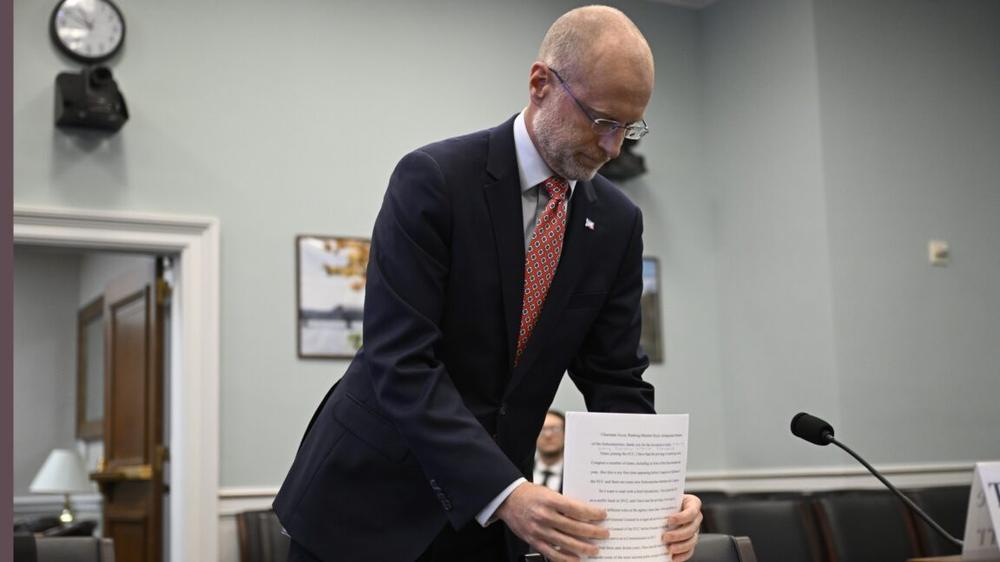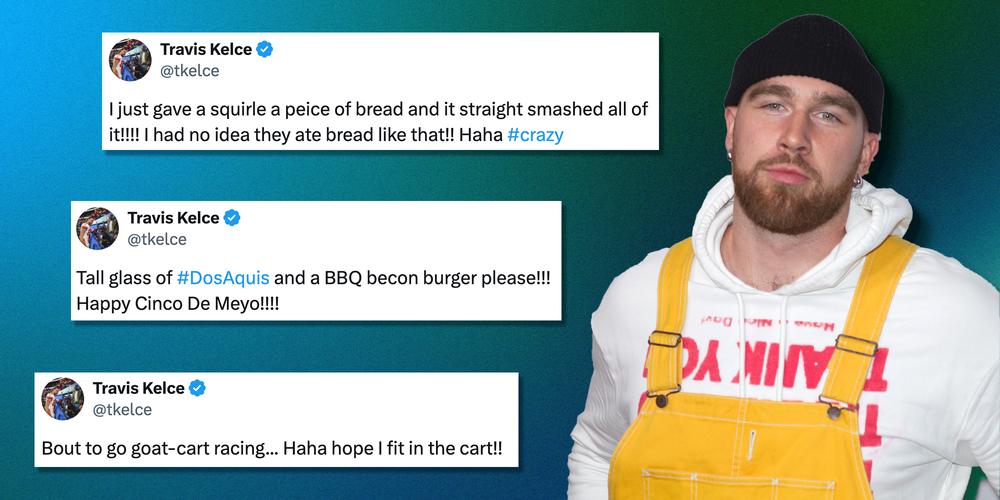A judge yesterday chided the Federal Communications Commission for its "vague and uninformative" response to a DOGE-related lawsuit and ordered the commission to produce documents sought under the Freedom of Information Act (FoIA).
The FCC was sued by journalist Nina Burleigh and Frequency Forward, a group that says it is investigating how Elon Musk's influence in government "is creating unmanageable conflicts of interest within the FCC." Burleigh and Frequency Forward alleged in an April 24 complaint that the FCC violated the Freedom of Information Act by wrongfully withholding records on DOGE's activities within the agency.
The plaintiffs filed a motion for preliminary injunction this week and received a quick ruling from US District Judge Amy Berman Jackson in the District of Columbia. Jackson denied the preliminary injunction request but ordered the FCC to "make ongoing productions of responsive documents on September 15, 2025 and October 6, 2025," and to "file a status report proposing a schedule for the completion of its production of documents to plaintiff by October 13, 2025."
Jackson, an Obama appointee, said the 35 pages of semi-redacted emails provided by the FCC aren't enough. She also criticized the FCC's July 23 status report that claimed it was "too early to predict" when the agency would be able to fully comply with the FoIA request.
Burleigh and Frequency Forward did not meet the legal requirements for a preliminary injunction, but "plaintiffs' consternation with the course of events since the lawsuit was filed is not wholly misplaced," Jackson wrote, continuing:
On July 2, 2025, the Court ordered that defendant "must file a dispositive motion or, in the alternative, a report setting forth the schedule for the completion of its production of documents to plaintiff, on or before July 23, 2025." However, defendant's July 23, 2025 status report provided no timeline, and it was vague and uninformative. Further, the anticipated "initial production" defendant referred to [in] that filing, amounted to only 35 pages.
FCC “on a very short leash”
Frequency Forward counsel Art Belendiuk said in a statement provided to Ars, "The judge's order shows that she took our motion seriously and agrees that the FCC is dragging its feet in producing documents. This order puts the commission on a very short leash, and we're hopeful they will now comply and produce the documents promptly, as required by the court."
We contacted the FCC and will update this article if it provides a response.
The plaintiffs' motion for a preliminary injunction said the FCC, led by Chairman Brendan Carr, "acted favorably on several Starlink initiatives" while Musk and DOGE exerted influence within the agency. That includes "open[ing] an investigation against SpaceX competitor EchoStar," which holds licenses for spectrum that SpaceX wants, and "approv[ing] a waiver for SpaceX to provide satellite service directly from orbit to smartphones, over the objection of cell network providers who say this move will worsen mobile network service for many."
The motion said:
The Plaintiffs seek information concerning DOGE's activities within the FCC and especially documents concerning FCC contacts with Elon Musk, SpaceX, Starlink or other entities associated with Musk and his various enterprises. DOGE's operations within the FCC are at the heart of a debate concerning potential conflicts of interest between, Elon Musk and DOGE as regulators of the FCC, and Elon Musk's SpaceX, including Starlink, as a regulated entity seeking licenses and other accommodations from the agency.
The FCC granted a request for expedited processing on March 4, but then "failed to timely process the Plaintiffs' request" for documents, the filing said.
DOGE employee with Musk ties
The filing raised concerns about Tarak Makecha, a former Tesla employee who has worked for DOGE and is still listed in the FCC directory. "On a form letter, Makecha is listed as a 'Software Engineer,'" but "his background is in finance, not software engineering... no resume, curriculum vitae, or any similar background information was provided by the Commission for Makecha even though that is required as part of the onboarding and clearance process," the filing said.
According to the filing, Makecha owned between $50,000 and $100,000 in Tesla stock as of March 20 and now works as a vice president at Valor Equity Partners, which "has a close relationship with Elon Musk and his companies." Valor "sells shares to investors in Musk's private companies—particularly SpaceX, xAI, Neuralink, and The Boring Company," the filing said.
Valor's website lists those four private Musk companies in its portfolio, in addition to the publicly traded Tesla. A Wall Street Journal article in April described Valor's role in "the opaque market for shares of Musk's private companies."
The plaintiffs said the case of Makecha "is instructive" of the FCC's failure to produce records on the financial interests of DOGE employees:
Because of the Commission's failure to provide any information regarding his financial holding or recusals, it is impossible for Plaintiffs to know whether Makecha was in compliance with the statutory provision prohibiting ownership of stock in the parent company of Starlink during his period of work at the Commission. Furthermore, the Commission heavily redacted almost all pertinent information regarding Makecha's access to Commission IT systems and databases—including any potential or proposed restrictions because of his past work for Tesla or Musk's subsidiaries such as Starlink.
The FCC did not provide information on "recusals, recusal guidance, or direction to divest stocks" for Makecha and two other DOGE employees detailed to the FCC, the filing said.
Challenges on redactions
The plaintiffs wanted a preliminary injunction requiring the FCC "to fully process and produce all non-exempt records," along with an index, by October 10. The judge disagreed that this can be justified under the legal standard for granting an injunction, which requires plaintiffs to establish that they are likely to succeed on the merits, that they are likely to suffer irreparable harm, and that an injunction is in the public interest.
Jackson said the "plaintiffs have identified no specific proceeding or upcoming decision to which the records pertain, much less the imminence of any event after which the records they seek would lose their value to the plaintiffs or the public." But as noted earlier, the judge agreed that the FCC hasn't produced enough information and ordered the agency to rectify that.
After the FCC produces the documents, the plaintiffs could lodge another challenge if they're unsatisfied with the redactions or failure to include any particular records. Challenges on that front "are premature; the Court will rule on the propriety of any redactions or withholdings, and/or the sufficiency of defendant's search, at the appropriate stage of these proceedings: after defendant's production has been completed," Jackson wrote.

 Revisiting Travis Kelce’s most infamous tweets from 2010-2011 in honor of his engagement
Revisiting Travis Kelce’s most infamous tweets from 2010-2011 in honor of his engagement